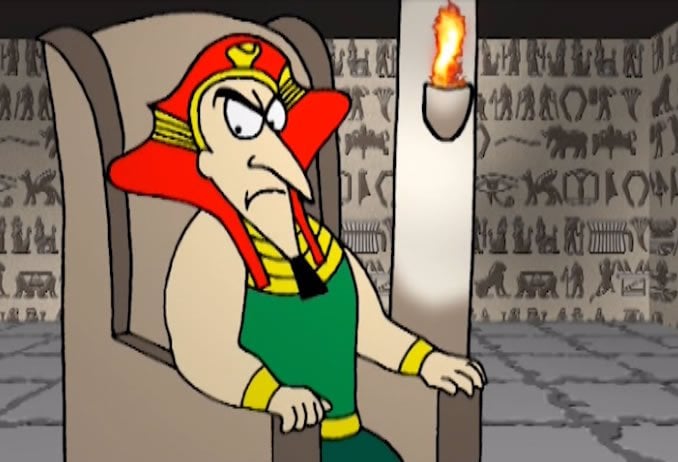ב"ה

Rabbi Yisrael Deren and his wife Vivi have faced the unimaginable—the loss of four of their eight children. Instead of retreating into grief, they chose to transform their pain into purpose, becoming a source of strength and comfort for others walking through darkness. Rabbi Deren shares deeply personal stories and with honesty and faith, he reflects on how each loss reshaped their lives. This is not only a story about grief, but about resilience, community, and the eternal bond between parent and child. Rabbi Deren offers hard-won wisdom on finding G-d in life’s darkest corners, transforming loneliness into connection, and discovering meaning even in the depths of pain.

Gratitude is more than positive thinking — it is a spiritual lens that changes everything it touches. Explore the Chassidic approach to gratitude and how daily appreciation elevates the small, the ordinary, and even the challenging. Learn how practicing gratitude increases joy, strengthens relationships, and opens your life to abundance.

Nutrition from Shamayim
Can the New Year for Trees be a time for reflecting on the mitzvah of taking care of our health? Learn more about the meaning of Tu B’Shevat, and some of the health and healing properties of the fruits mentioned in Deuteronomy 8:8: “A land of wheat, barley, grapes, figs and pomegranates; a land of oil-yielding olives and [date] honey.”

The uniqueness of feminine spirituality
Before G-d gave the Torah to the Jewish people, He instructed Moses to first speak to the women and then to the men. Moreover, Scripture indicates that the messages were not the same. This class explores its significance, addressing the uniqueness of feminine spirituality.

Parsha Yitro
Jethro, father in law to Moses, advised Moses to create a judicial hierarchy to adjudicate the Children of Israel, for otherwise the burden of being the peoples' sole judge would clearly 'wear you out'. With G-d's consent the system was indeed put in place. But how could Moses himself not see the obvious need for these measures?! This class delves into the unique relationship that Moses has with his people. (Likutei Sichos vol. 16)

Parshah Curiosities: Yitro
The Torah’s narrative detailing Mass Revelation at Mount Sinai and the momentous giving of the Torah to the entire Jewish people demonstrates the unique relationship between Jewish women and our holy Torah. Discover the secret story behind the instructions Moses received about engaging the Jewish women before the Jewish men, and see how that impacts Judaism today. You’ll also learn the mysterious story of a special gold necklace worn by our matriarch Leah!

Parshah Curiosities: Yitro
The central theme of the parsha is Matan Torah; the momentous mass revelation our people experienced at Mount Sinai. Discover scintillating secrets of this unparalleled event in this incredible exposé on the proverbial Sinai Shofar sounding that, quite literally, blew the Israelite nation away.

11 Nissan, 5744 • April 12, 1984
G‑d created plants and animals with the ability to procreate – to perpetuate themselves and reflect G‑d’s own Infinitude. Man, too, was granted the remarkable ability to reproduce, but was additionally blessed with the ability to harness and expand the infinite powers hidden within the rest of nature.

13 Shevat 5749 · January 19, 1989
“Man is a tree of the field.” The Sages of the Talmud apply this verse to the Jew. Torah is the
core of a Jew’s being, and Torah must effect his actions so that he bears good fruits — good
deeds. But when we say that a Jew must be “fruitful,” first and foremost he must reproduce
his own essence.

Nutrition from Shamayim
Can the New Year for Trees be a time for reflecting on the mitzvah of taking care of our health? Learn more about the meaning of Tu B’Shevat, and some of the health and healing properties of the fruits mentioned in Deuteronomy 8:8: “A land of wheat, barley, grapes, figs and pomegranates; a land of oil-yielding olives and [date] honey.”

In 1941, the Rebbe travelled to Marseilles, France, to obtain entry visas to the United States for himself and his wife, Rebbetzin Chaya Mushka. While there, the Rebbe maintained his characteristic low profile, but at a gathering in honor of the New Year for Trees, he gave those
present a taste of things to come. (1941)

The origin and meaning of this custom
Our proverbial New Year for Trees is celebrated by most Sephardic Jews (and more recently by many Israelis of Ashkenazi descent as well) with an elaborate fruit-centric sacred ceremony colloquially known as the “Tu B’Shevat Seder.” It’s comprised of carefully choreographed chanting of Scripture and Rabbinic texts, accompanied by an assortment of fruit and wine, which are consumed in an orderly fashion. But why invoke unique Passover verbiage for this fruitful observance? This fascinating presentation sheds light on some of the origins and profound meanings of this enigmatic Torah tradition.
Get the Chabad.org Video app












































































































